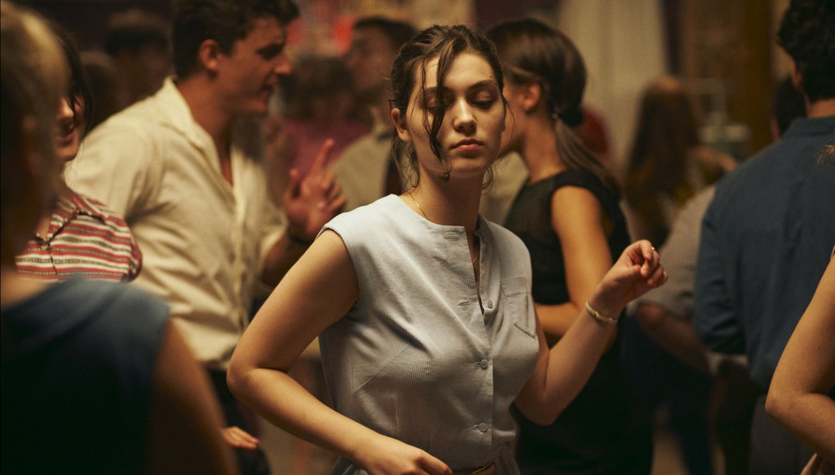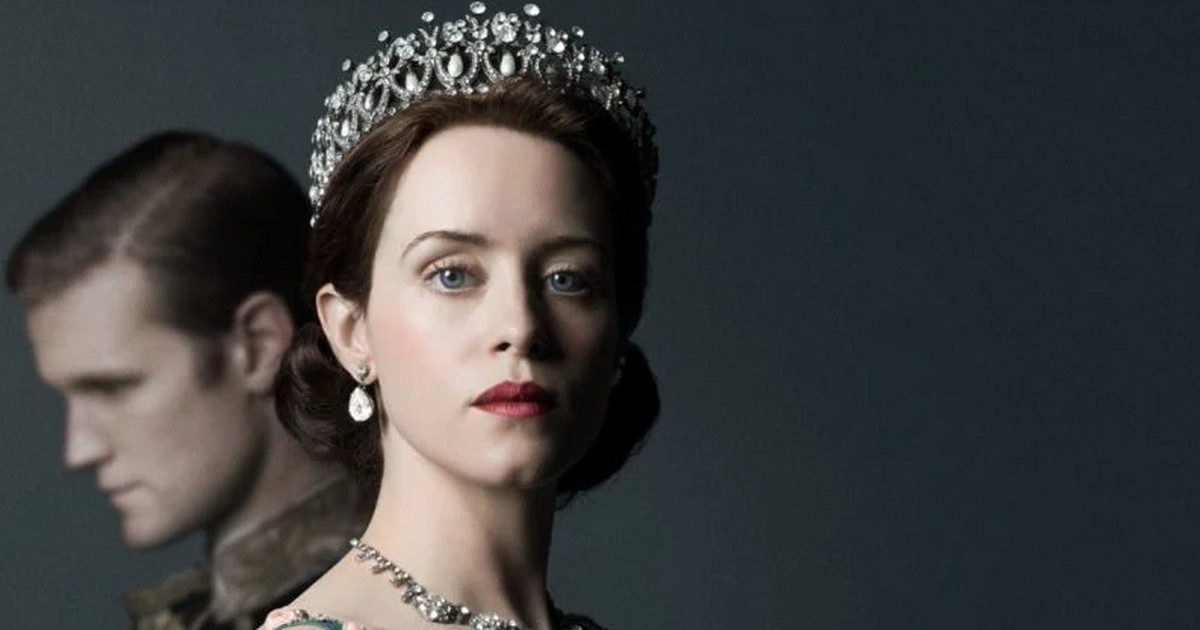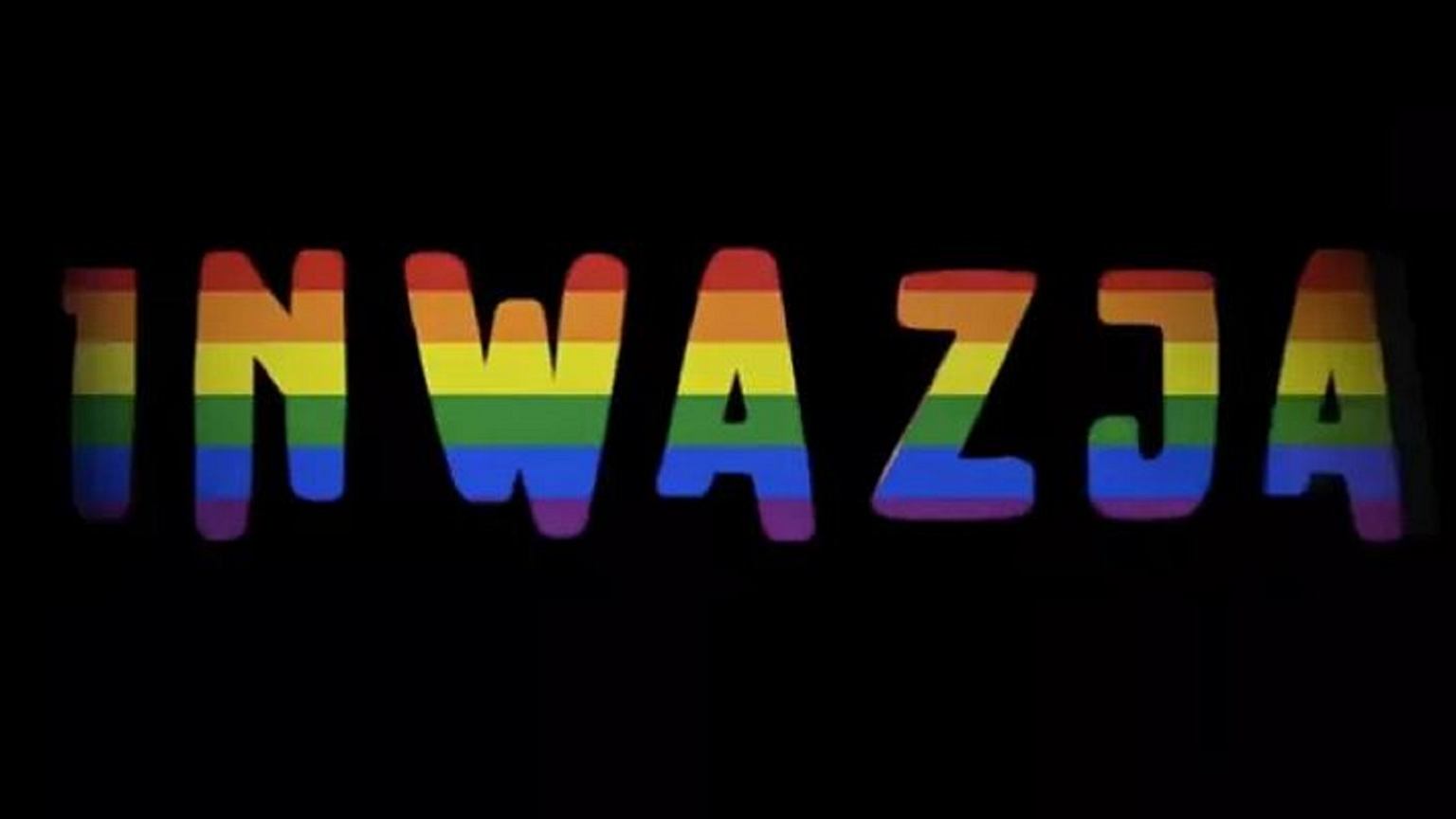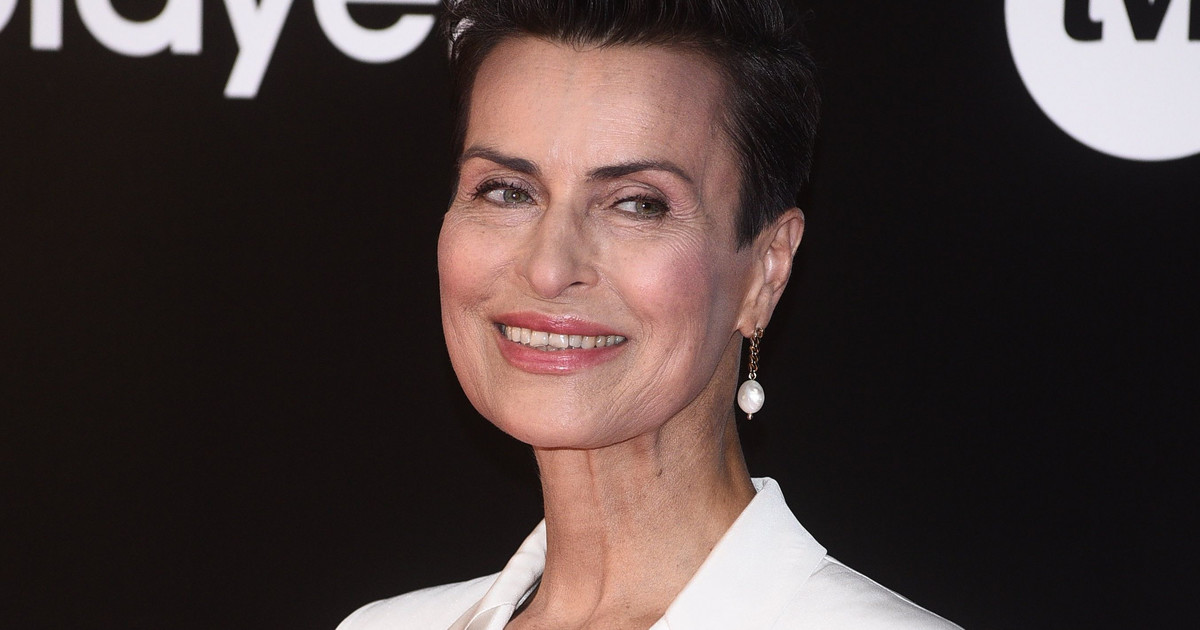The film takes place in France in 1963. Anne (Annamaria VartolomiA talented student of literature has a plan for the next years of her life. One day the girl discovers that she is pregnant. Having a baby would end her college career, which Ann refuses to agree to. However, abortion is illegal and attempting to undergo this procedure can have serious legal consequences. Despite this, the student is determined to terminate the pregnancy. She also realizes that she must do this as soon as possible before her condition becomes noticeable and she has to go home.
We meet Anne when she and her best friend are getting ready to dance. Although they all initially behave similarly to their contemporaries, the moral difference of nearly six decades is quickly evident. Girls only dance among themselves, and any contact with the opposite sex is perceived negatively by the environment (and sometimes by group members too). For most of them, sex remains a fantasy that cannot come true any time soon due to the potential consequences.
Ann is not the unruly type of party girl. The girl has a plan for another career that pregnancy completely destroys. As she herself says, she wants children, but not at this stage in her life – and no one will force her to be otherwise.
Unlike other contemporary films about abortion – it was appreciated in Berlin “Never, rarely, sometimes, always” Elisa Hetman, in a lighter tone “Friendship Test” Rachel Lee Goldenberg, so scary “Four months, three weeks, and two days.” Christiana Mungio – the heroine does not find people willing to support her.
Ann’s loneliness is overwhelming. Only a few show their sympathy – including her doctor, who wishes all the best but, due to conservative law, refuses to perform an illegal procedure. Another, in turn, will deceive her into prescribing drugs to strengthen the fetus. Rejection from her relatives hurts her the most—her fantasies about sex dryly telling her that she’s “alone with her,” her friend sees an opportunity for safe sex in her condition (because she’s not threatened with a second mistake now), and the baby’s father washes his hands.
In the end, her only companions in the struggle for control of her life are the viewers and the camera, recording the heroine’s focus on the search for a safe abortion and the moments of breakdown and desperation that unfold over time.
Diwan makes his film kind of what makes it “It happened” excitement. The search for a way to terminate the pregnancy becomes a struggle against time for Anne, and her attempts grow despondent.
The director spares us the suffering – it should be noted that the hero’s attempts will not end with hitting her stomach. The camera will never give up on the protagonist, leaving her to suffer out of frame. The director, however, managed to avoid pornography of violence. The candid presentation of her pain only strengthens the film’s message.
For many, Diwan’s work will be a huge blow to the stomach. Maybe there is a need. Several months after the world premiere “It happened” It is a more recent film – mainly due to the US Supreme Court ruling in June 2022, which reversed the ruling in Roe v. Wade, significantly restricting abortion rights in many states. The book shows how horrific such decisions can lead to – and such suffering must not be repeated.
8/10
“It happened” (Lavinment), dir. Audrey Diwan, France 2021, Distribution: Aurora Films Cinema premiere: October 28, 2022.

“Amateur social media maven. Pop cultureaholic. Troublemaker. Internet evangelist. Typical bacon ninja. Communicator. Zombie aficionado.”




![Here are all vehicles of Mr. Samochodzik. From the ’60s to the Netflix adaptation. check [PORÓWNANIE] Here are all vehicles of Mr. Samochodzik. From the ’60s to the Netflix adaptation. check [PORÓWNANIE]](https://d-art.ppstatic.pl/kadry/k/r/1/60/0c/6421be8fa51e5_o_original.jpg)





